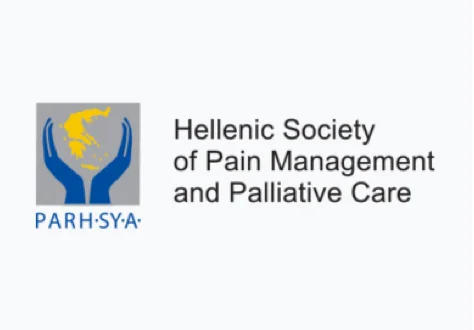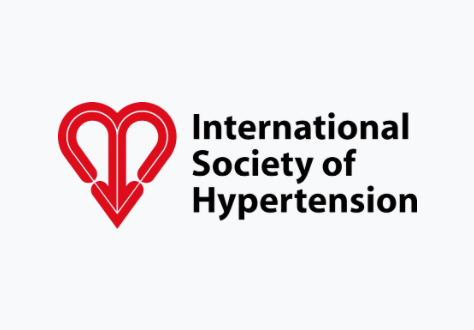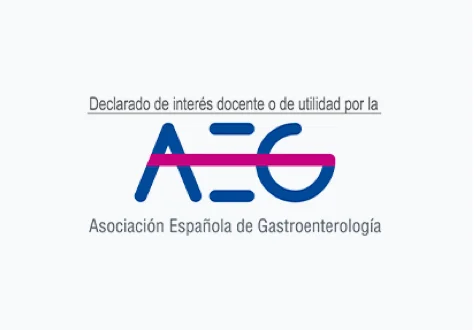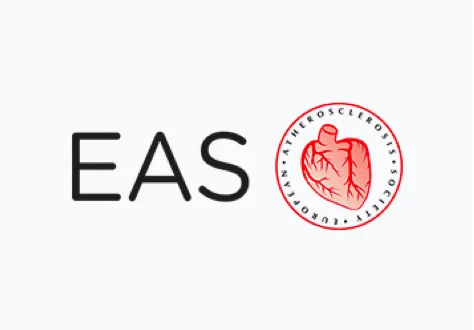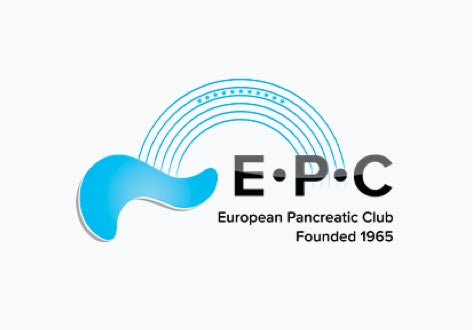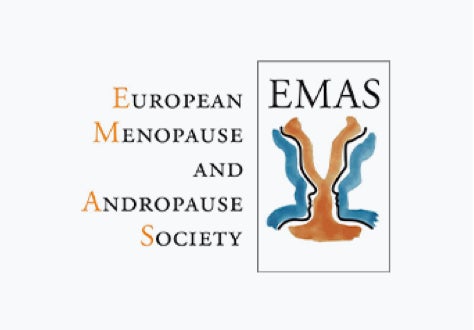
Adherence to treatment: Global challenge, tangible solutions
The a:care Congress 2022 is an evolution of our inaugural program in 2021, which takes a deeper look at the underlying drivers of non-adherence. Here you can find the recorded sessions delivered by our faculty experts on the two days of the Congress.
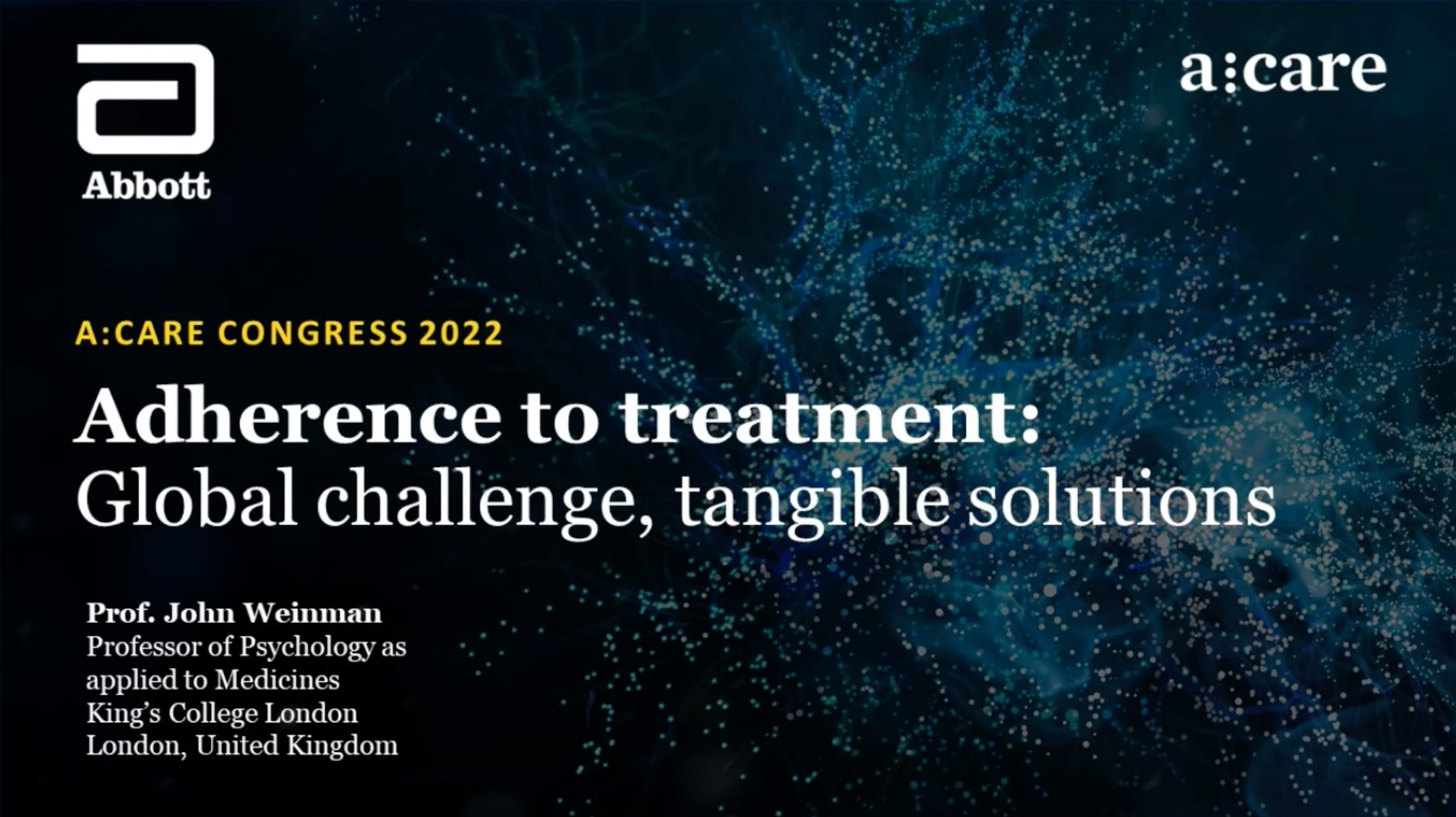
Welcome and congress introduction
Professor John Weinman and Dr. Matthias Mueller open the congress by introducing the challenges adherence poses to global health and highlighting the innovative potential that dialogue between behavioral science and clinical practice offers.
Prof. John Weinman – Dr. Matthias Mueller, Abbott
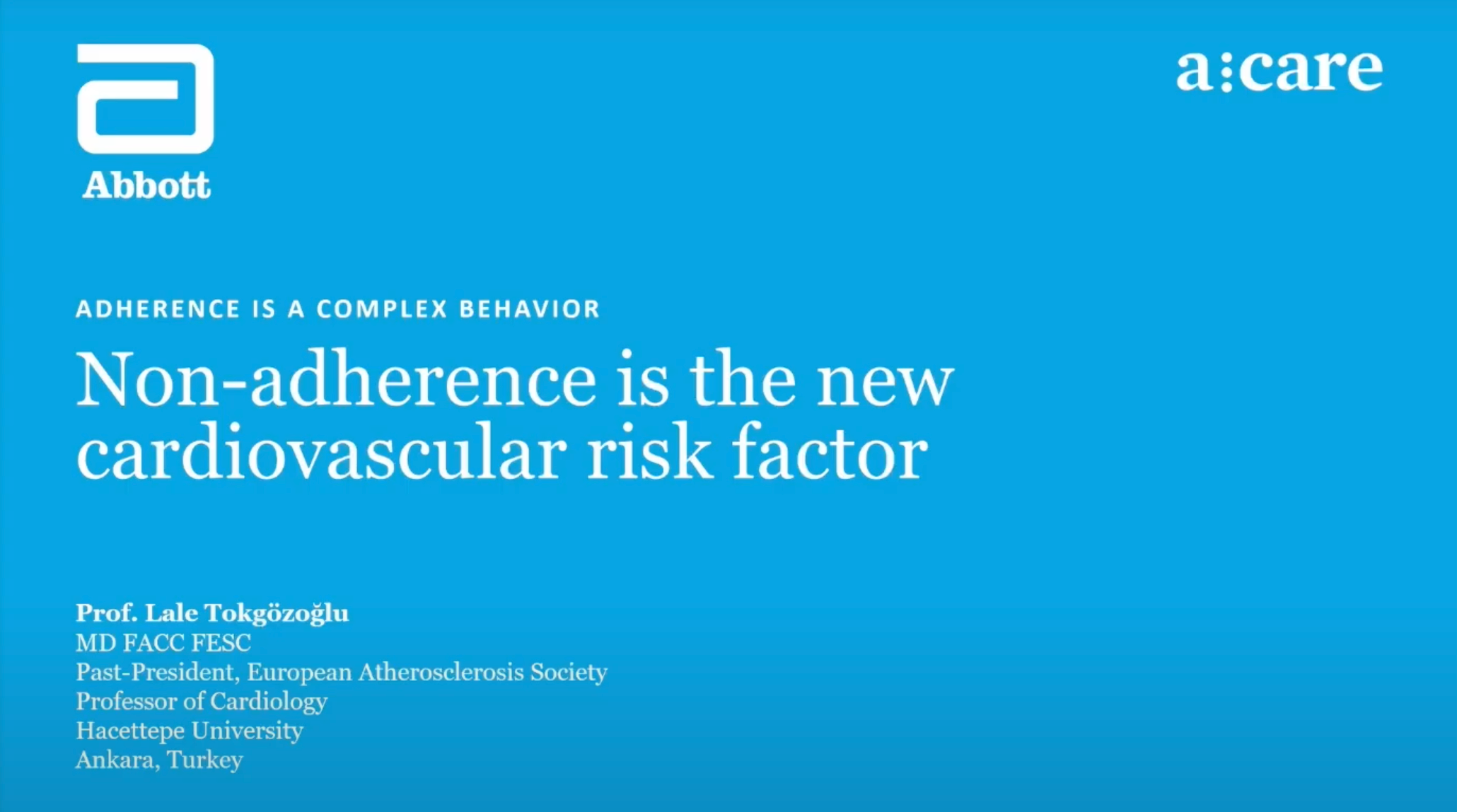
Non-adherence is the new cardiovascular risk factor
Over the last few decades, mortality from coronary heart disease has been reduced by 50% thanks to the progress of medical care in prevention and treatment.1 Today, one of the main remaining challenges is non-adherence to treatment. Non-adherence has become the new cardiovascular risk factor, accounting for a high proportion of preventable hospitalizations and deaths from coronary arterial disease.
Prof. Lale Tokgözoğlu
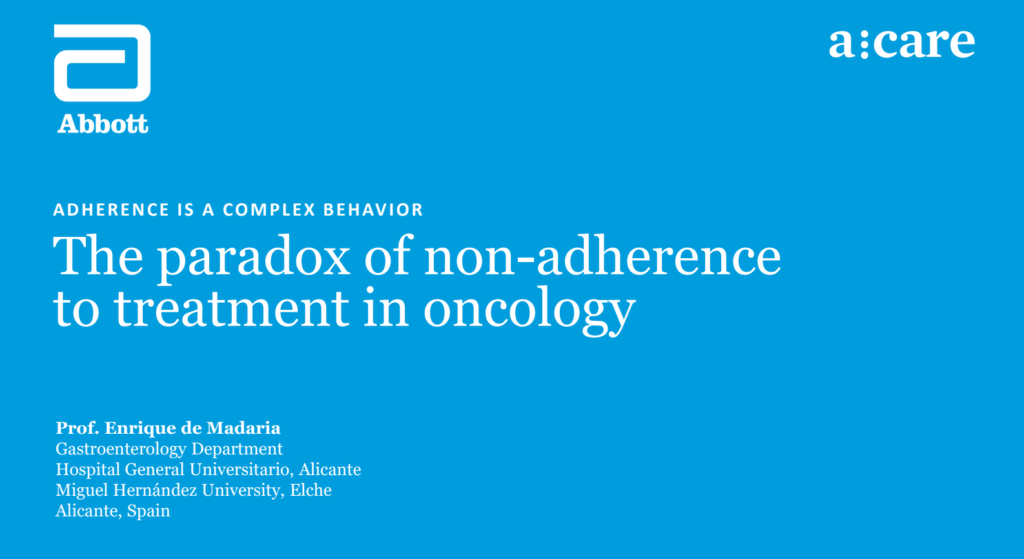
The paradox of non-adherence to treatment in oncology
Cancer is a complex condition, often thought of in relation to fatal outcomes and minimal chances of recovery. Despite these heavy associations, oncology is not immune to treatment non-adherence, with an estimated 12% to 50% of cancer patients not following their oncological treatments as prescribed.2 This session focuses on the paradox of medication non-adherence in oncology and proposes multiple ways to address the paradox in practice.
Prof. Enrique De Madaria
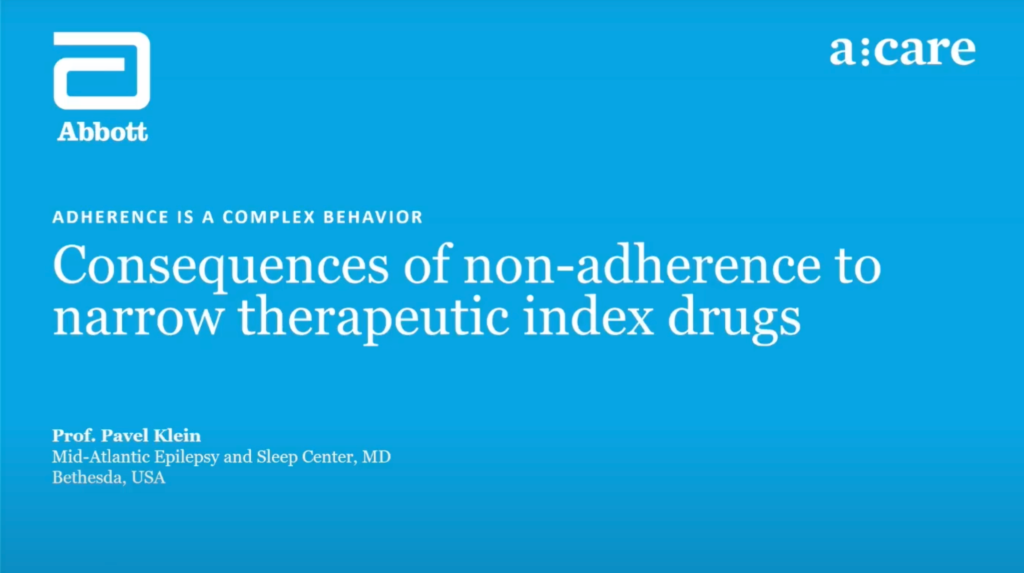
Consequences of non-adherence to narrow therapeutic index drugs
Narrow Therapeutic Index medicines (NTIs) can control epilepsy but require precision – too low a dose will lack efficacy, too high a dose can be toxic. These tight treatment conditions can make adherence more difficult, while non-adherence can have fatal consequences with even a single missed dose.
Prof. Pavel Klein
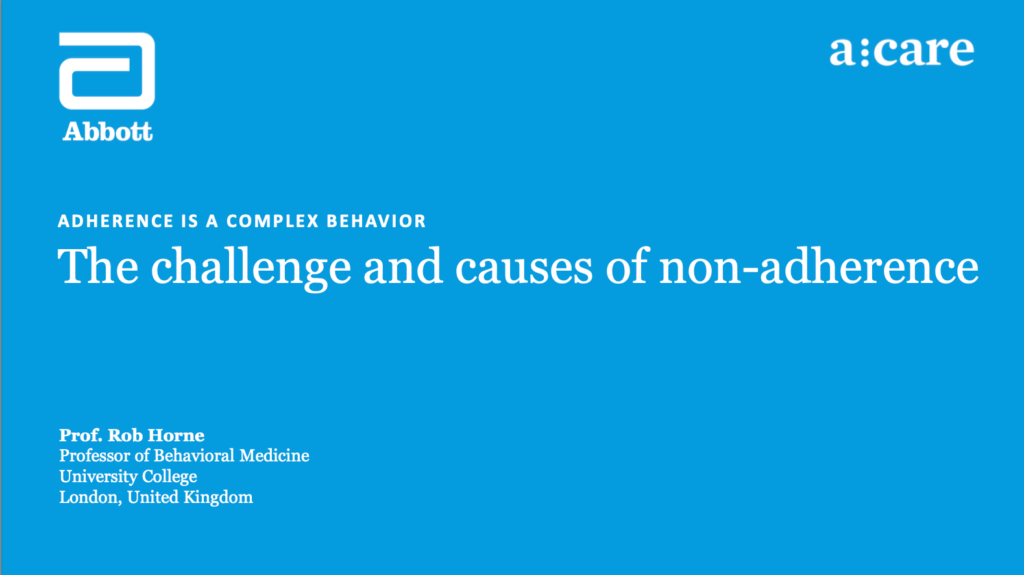
The challenge and causes of non-adherence
With about 50% of medicines not taken as prescribed3 and an estimated cost of 125 billion euros per year in Europe, treatment non-adherence is a major healthcare challenge. This session takes a deep dive into behavioral science and explores the complexity of the beliefs and perceptions that can underlie non-adherence.
Prof. Rob Horne
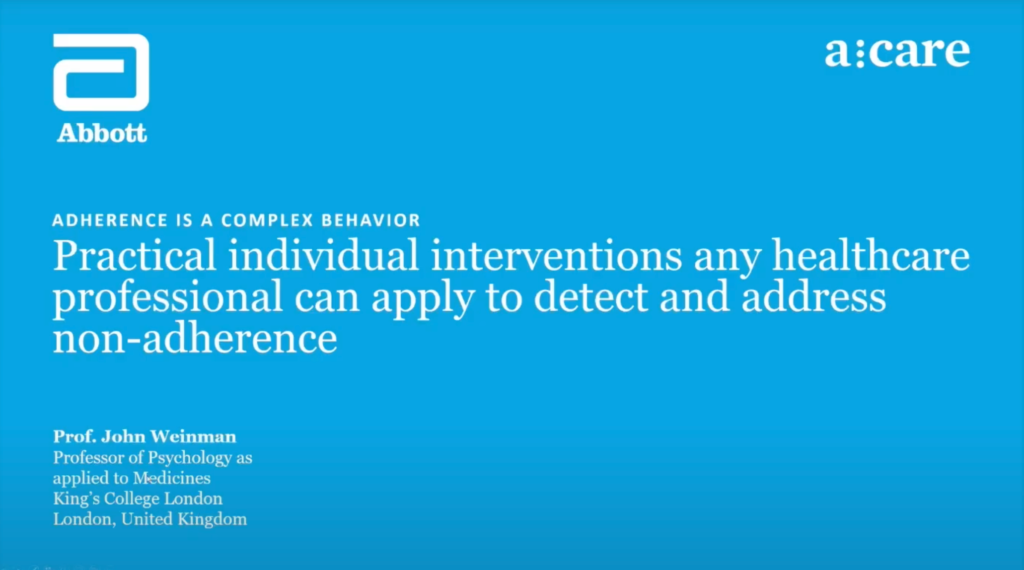
Practical individual interventions any healthcare professionals can apply to detect and address non-adherence
Since 50% of patients are likely to become non-adherent to long-term medication, the understanding and management of adherence challenges become critical. Behavioral experts have developed techniques as well as educational and interventional tools to support adherence that any healthcare professional can apply or prescribe.
Prof. John Weinman
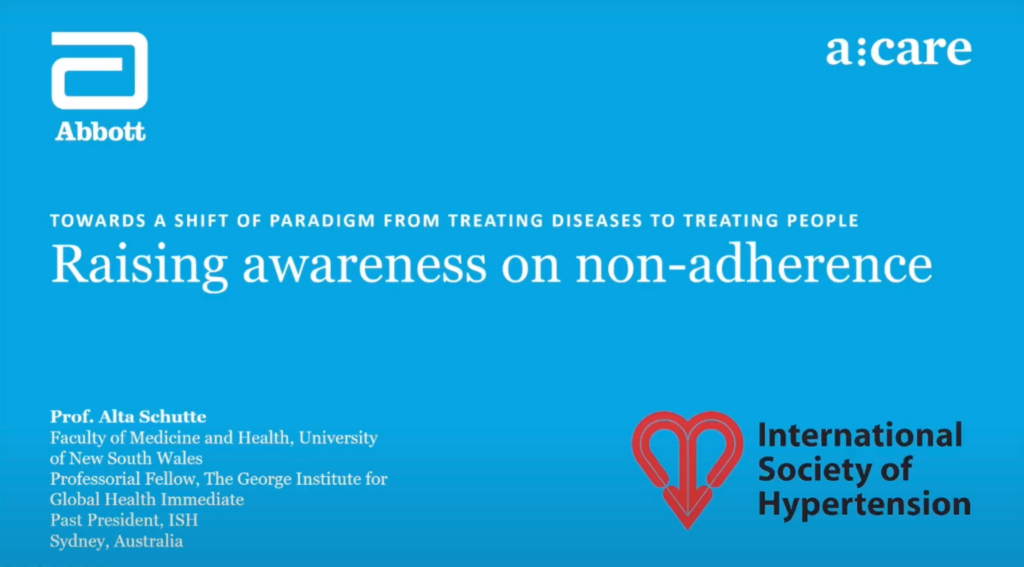
International Society of Hypertension – Raising awareness on non-adherence
Hypertension is the leading cause of death globally, affecting over 1.4 billion people.4 The rate of non-adherence escalates with the number of medicines prescribed, from less than 10% for a single pill to a very high rate of non-adherence for five or more. In this context, the International Society of Hypertension has implemented actions to raise awareness of non-adherence and prevent harmful outcomes linked to the hypertension cascade.
Prof. Alta Schutte
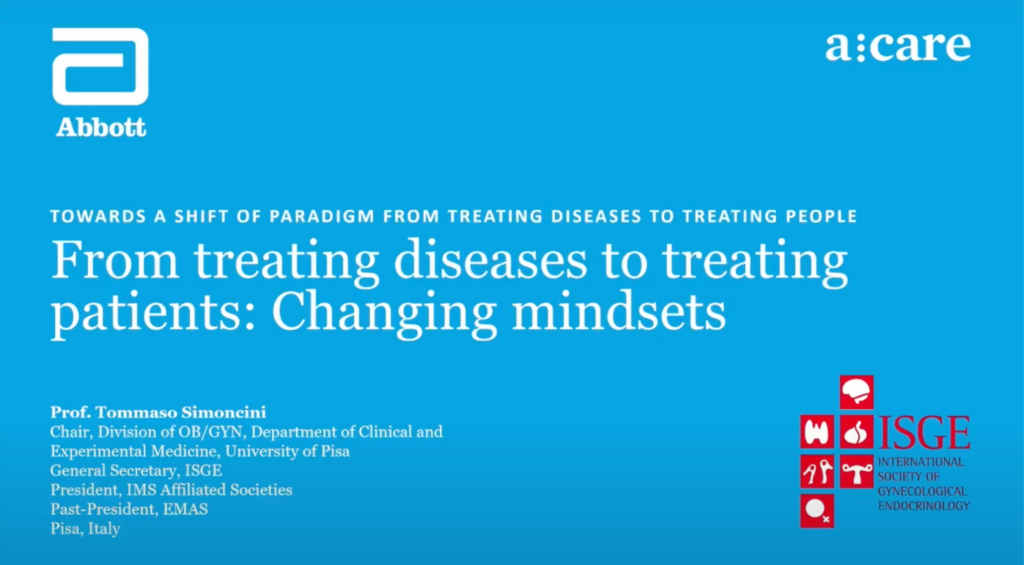
International Society of Gynecological Endocrinology – From treating diseases to treating patients: changing mindsets
Menopause is a physiological stage of women’s lives that is surrounded by preconceptions and is often seen as a benchmark of ageing. Menopause can be mentally and physically challenging and comes at a time when women are in their prime with so much of life to live. It is necessary for practitioners to lay aside stigma and preconceptions, to not treat menopause as a condition and instead to treat women as people going through an important life transition.
Prof. Tommaso Simoncini
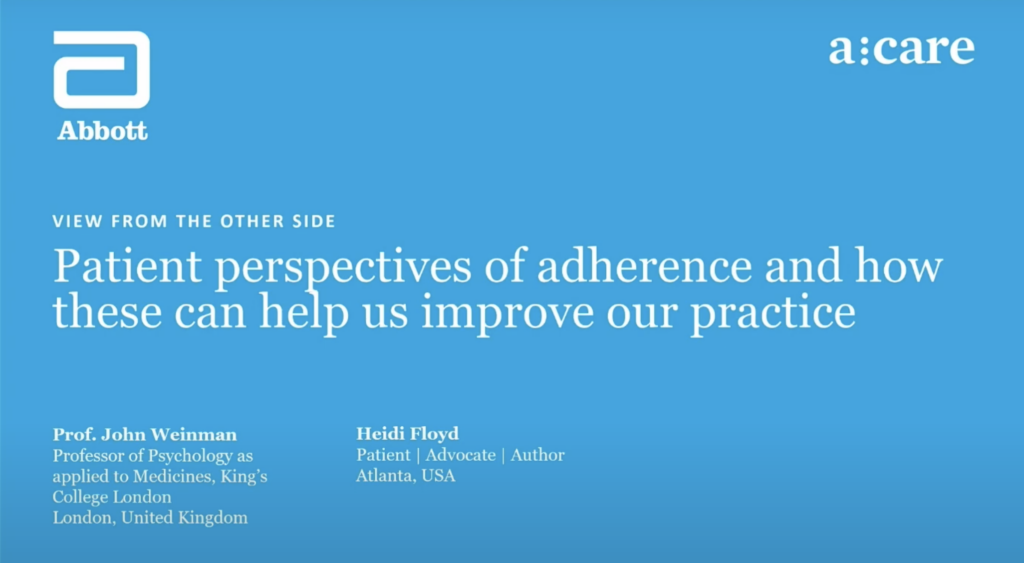
Patient perspectives of adherence and how these can help us improve our practice
People with chronic diseases are more than patients. They are individuals with their unique stories. In an intimate and open-hearted conversation with Professor John Weinman, Heidi Floyd shares her thoughts on adherence and offers insights on how patients’ perspectives can help healthcare professionals improve their practice.
Prof. John Weinman – Heidi Floyd
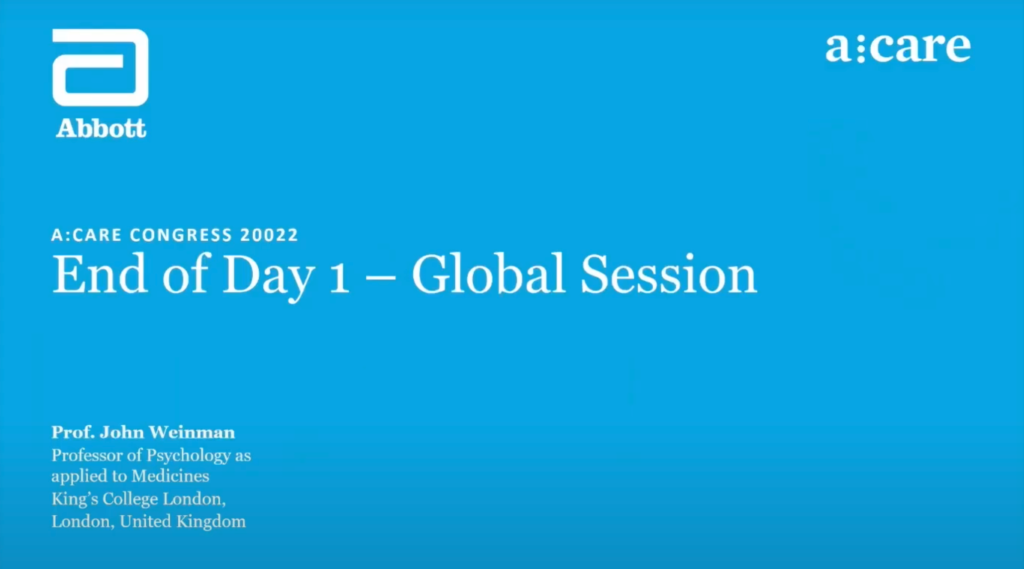
Congress closing first day
Prof. John Weinman

Introduction second day
Prof. John Weinman
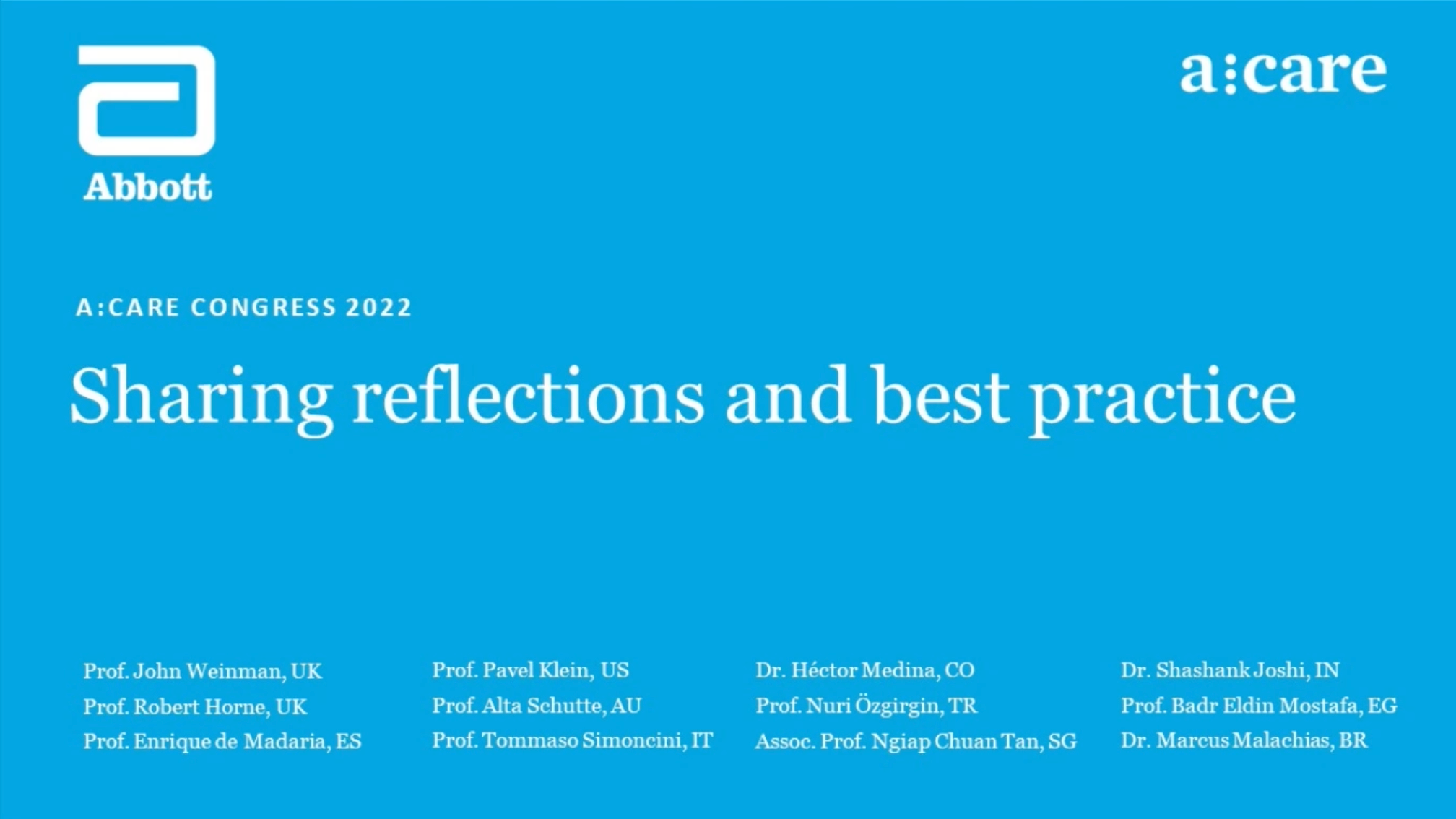
Panel discussion : Sharing reflections and best practice
Prof. John Weinman – Prof. Enrique De Madaria – Dr. Shashank Joshi – Prof. Pavel Klein – Prof. Marcus Malachias – Dr. Zuluaga Hector Medina – Prof. Badr Eldin Moustafa – Prof. Nuri Ozgirgin – Prof. Alta Schutte – Prof. Tommaso Simoncini – Assoc. Prof. Ngiap Chuan Tan
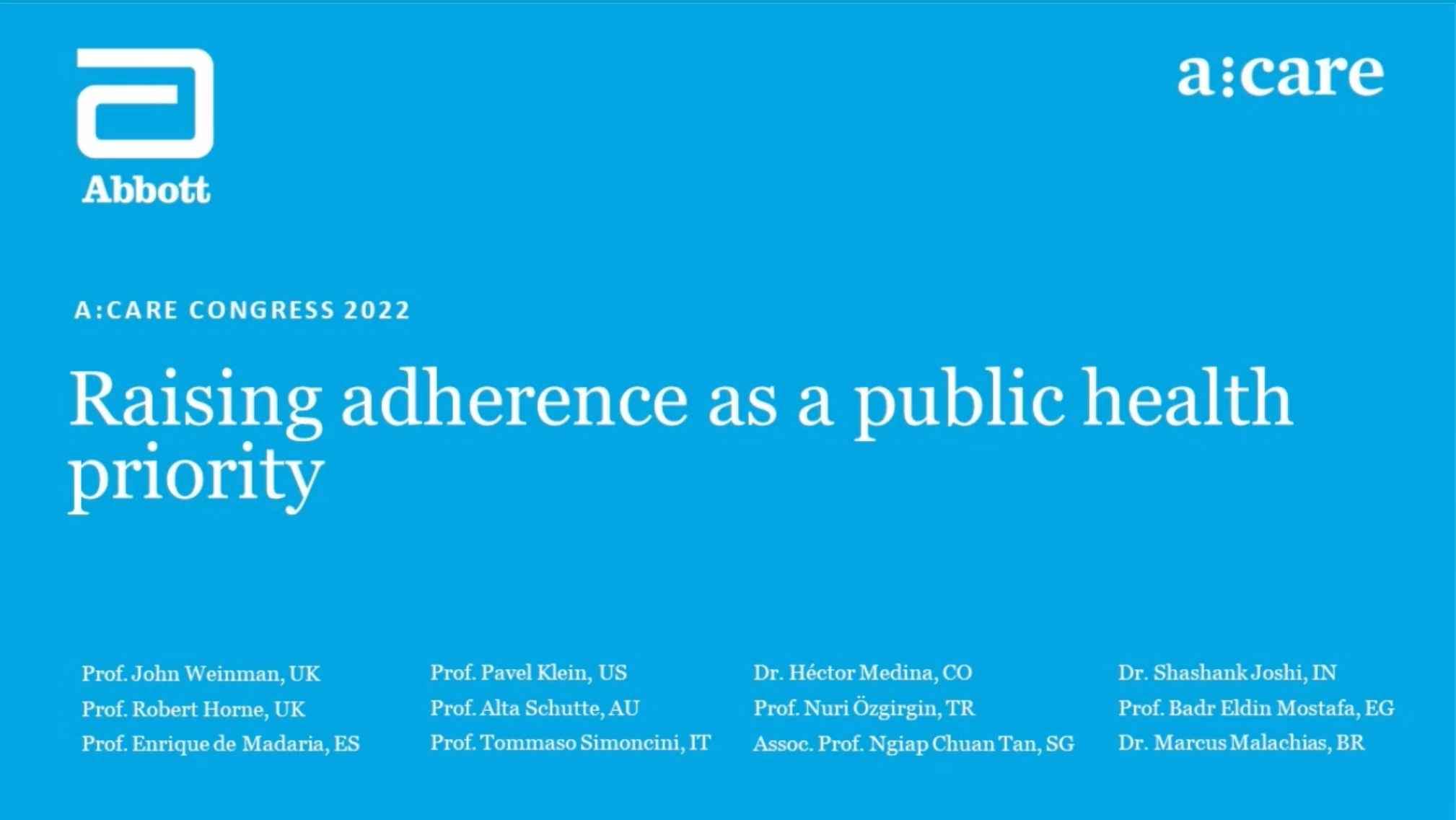
Panel discussion : Raising adherence as a public health priority
Prof. John Weinman – Prof. Enrique De Madaria – Dr. Shashank Joshi – Prof. Pavel Klein – Prof. Marcus Malachias – Dr. Zuluaga Hector Medina – Prof. Badr Eldin Moustafa – Prof. Nuri Ozgirgin – Prof. Alta Schutte – Prof. Tommaso Simoncini – Assoc. Prof. Ngiap Chuan Tan
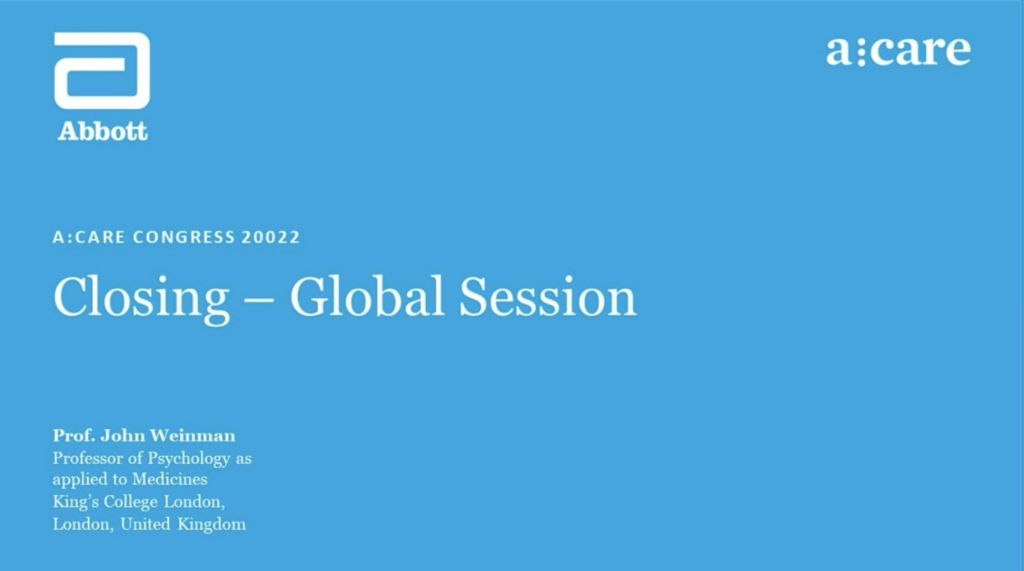
Congress closing
Prof. John Weinman – Dr. Matthias Mueller, Abbott
Endorsed by:
